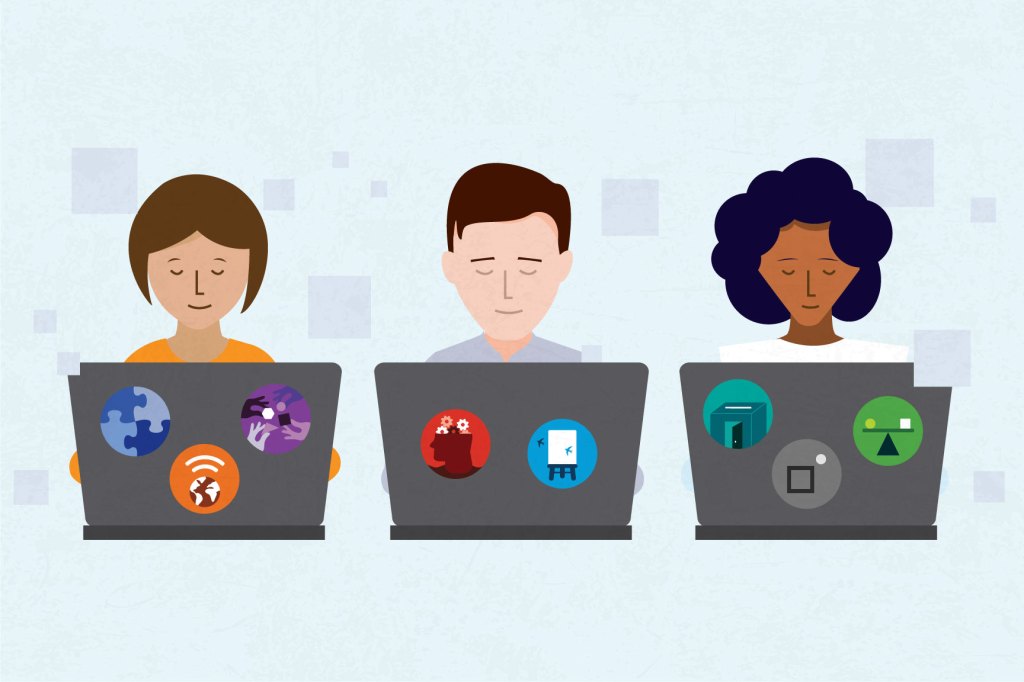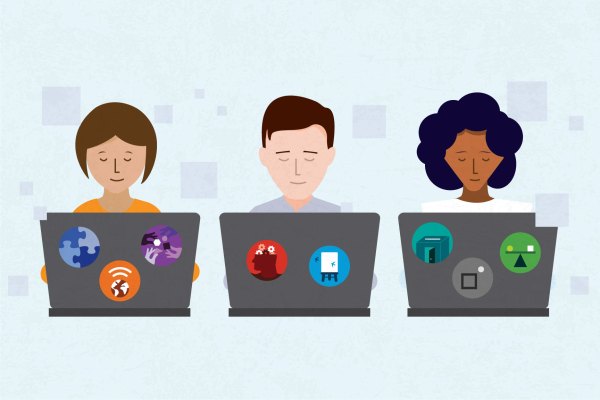
Learn more about the tech fellows program here and the growing field of Public Interest Tech.
What does being a technologist mean to you? How did you become one?
A technologist critically engages with technological tools—like virtual reality and machine learning–to understand what opportunities and risks these tools create when they are used. I started working with technology because I’m invested in making these tools open and accessible to all people, to ensure a more inclusive future for everyone, especially those on the margins. And having an artist’s lens, I’m always searching for the ways creative people are breaking and stretching technology to tell us something new so it works better for more people.
In your own words and understanding: what is a tech fellow?
As a tech fellow in Ford’s Creativity and Free Expression program, I’m thinking about how technology can be used to tell rich stories with urgency. I am looking forward to working with CFE to build a constellation of practitioners who are promoting impactful narratives that can shape our creative fields. My role includes researching and forecasting tech trends, but also assessing what projects the foundation is already committed to and how they will be archived or updated for new digital landscapes.
Technology is essentially neutral, but it can be used for good or evil purposes—or something in between. Give us an example that’s especially resonant for you (at the intersection of your work in tech and your issue area of focus).
Right now, I’m thinking a lot about how artists design interactive installations, and how they sometimes unintentionally use biased algorithms because their production process lacks an inclusive audience. For example, what are the implications of an artist using facial detection that doesn’t register certain complexions because the software is “color blind”?
What are you most excited about in the world of tech innovation today? What about in the area of social justice you’re specifically focused on—and/or at the intersection of the two?
So much of how we engage socially extends to online spaces or is mediated through technology, so artists, writers, and filmmakers are boldly experimenting with digital tools to tell impactful stories. Digital and technological literacy is now an important component to social justice work because these digital tools enable us to organize, share, and communicate creatively and loudly, and reach even wider audiences–from the hyperlocal to the global.
What do you really want people working to advance social justice to know about tech?
Social justice workers and cultural producers should not get distracted by all the new, shiny toys that are emerging. We have strong and important stories to tell, and whatever technologies we choose to work with should be used to bolster and extend our missions and values.
What’s your favorite example of tech in pop culture, and why?
I’m a big fan of Mr. Robot on FX. It’s a show that at once cringingly validates your fears and hesitations with emerging technologies, and has you rooting for these tools to be used to dismantle unjust socio-economic systems.

